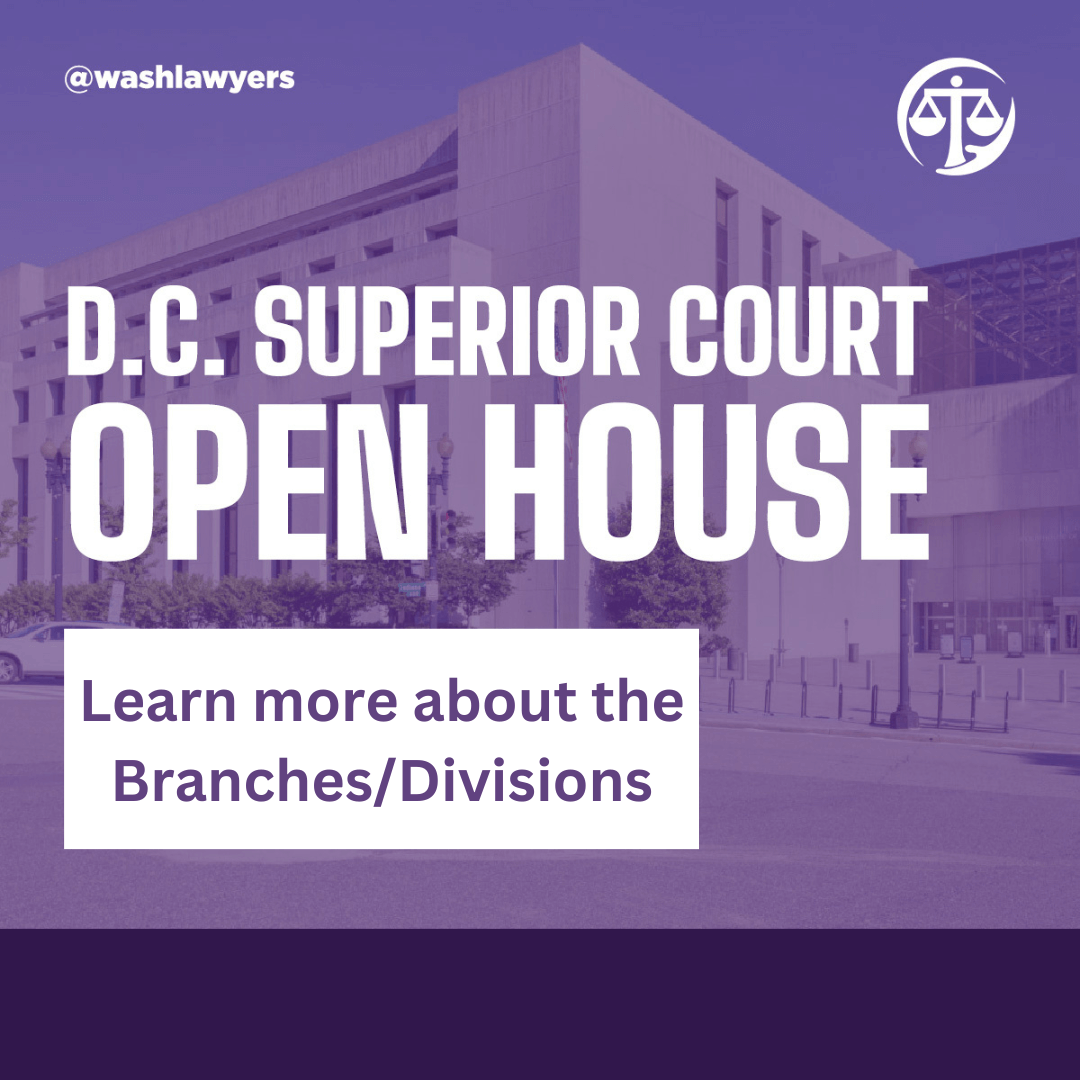
Superior Court Housing Conditions Calendar
The Superior Court’s Housing Conditions Calendar within the Civil Division allows tenants to sue their landlords to obtain needed repairs and ensure that their landlords comply with the D.C. Housing Code.
The calendar is intended to be a “problem-solving court” – it is limited by design and only available to tenants living in rental units who are seeking to enforce compliance with the housing code. Tenants seeking monetary or other relief from their landlord must file a separate claim in the Small Claims or Civil Actions Branch. The calendar can and does impose sanctions, such as rent abatement, if necessary to achieve compliance with the housing code regulations.
Prior to the creation of the Housing Conditions Calendar in 2010, D.C. tenants who needed their landlords to make repairs or remedy conditions (e.g., infestation) had to (a) withhold rent (or pay for the repairs themselves and withhold rent) and wait for their landlord to sue them for eviction due to nonpayment of rent in the Landlord and Tenant Branch, or (b) sue their landlord in the Civil Actions Branch for injunctive relief. Neither of these options is ideal for tenants, because of the risk, time, and/or expense involved.
A housing inspector from the D.C. Department of Buildings is assigned to the Housing Conditions Calendar. Generally, a housing inspection will be scheduled at the initial hearing. The inspector attends all regularly scheduled hearings in the case and reports on their findings.
There are no trials, or except in rare circumstances, evidentiary hearings on the Housing Conditions Calendar. Motions practice is limited. However, a tenant may file a motion for a temporary restraining order or preliminary injunction along with their Complaint if the alleged conditions in the rental unit constitute an emergency and pose an immediate threat to the health and safety of the occupants of the unit.
Cases are heard on the Housing Conditions Calendar every Tuesday. The calendar is presided over by a magistrate judge. As a result of pandemic reforms, most hearings on the calendar are remote, in which the parties appear by video or telephone.






